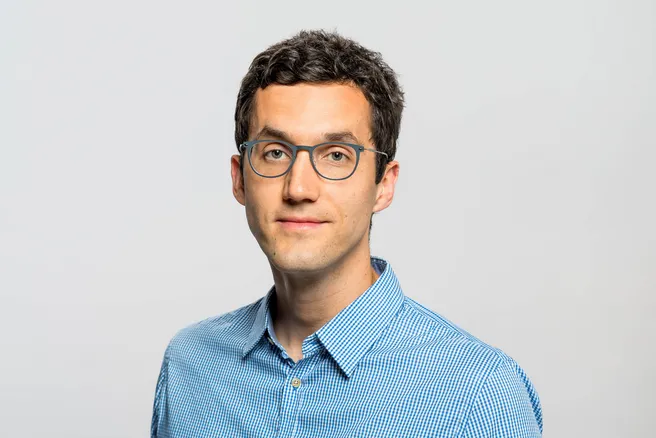The first episode of the newly released series "Biohackers" was stored in the form of synthetic DNA. This was made possible by the research of TUM-IAS Rudolf Mößbauer Tenure Track Professor Reinhard Heckel and his colleague Prof. Robert Grass of ETH Zürich. They have developed a method that permits the stable storage of large quantities of data on DNA for over 1000 years.
“DNA has a very high information density. This permits the storage of enormous data volumes in a minimal space. In the case of the TV series, we stored "only" 100 megabytes on a picogram – or a billionth of a gram of DNA. Theoretically, however, it would be possible to store up to 200 exabytes on one gram of DNA”, Prof. Heckel explains. When asked about the future of DNA data storage, he says that the aim is “to make DNA data storage cheaper and faster. "Biohackers" was a milestone en route to commercialization. But we still have a long way to go. If this technology proves successful, big things will be possible. Entire libraries, all movies, photos, music and knowledge of every kind – provided it can be represented in the form of data – could be stored on DNA and would thus be available to humanity for eternity.”
Please find the original press release on the TUM Website.
Corresponding media reporting can be found here:
https://www.forschung-und-lehre.de/forschung/netflix-serie-biohackers-auf-synthetischer-dna-gespeichert-3071/
https://www.youtube.com/watch?v=DMYgjOHgHxc&t=3s
https://www.faz.net/aktuell/wirtschaft/digitec/speichern-wir-unsere-daten-bald-auf-dna-17053725.html
https://www.br.de/mediathek/video/speichermedien-der-zukunft-dna-als-gigantischer-datenspeicher-av:5ff8312f02714f0013f84c71
